Tag: C20th
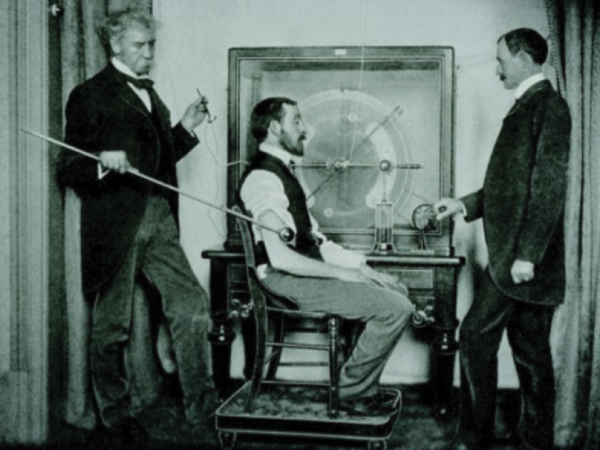
Dubious Electrotherapy
The word physiotherapy was used by many different practitioners in the first part of the twentieth century; including French physicians, American electrotherapeutists and later British radiologists as medical radiation was first grouped with electrotherapy. The word physiotherapy was also also used by ‘cultists’ like chiropractors and osteopaths, and untrained laypersons …

The Physiotherapy Institutions of Mexico City
Prior to the turn of the 19th century individuals with lesser physical capacity from congenital diseases or acquired from work accidents, war wounds, etc., were commonly excluded from work and social environments because they were considered incapable of contributing to society. Medical care for this type of population was seen …

Rosalind Paget: An Historical Overview and Appreciation, Part 2
Rosalind Paget was one of the original four founders of the Society of Trained Masseuses which later became the Incorporated Society of Trained Masseuses, in 1920 the Chartered Society of Massage and Medical Gymnastics and ultimately, in 1944 the Chartered Society of Physiotherapy. She was the first Chair of Council …

My European Study Tour
In 1903 Australian proto-physiotherapist Josephine McCormick visited the principal physical culture institutes of Europe, in London, Paris, Vienna and Berlin. She also undertook courses of study with orthopaedists Professor Adolf Lorenz of Vienna, and Dr Bernard Roth of London. Professor Lorenz was a founder of the German society of Orthopaedic …
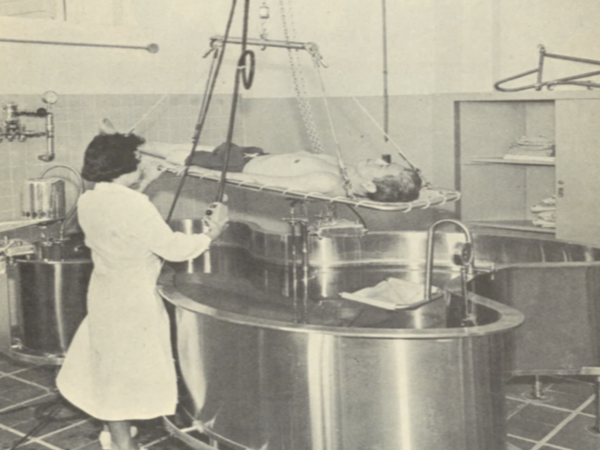
The Mexican Rehabilitation Institute, 1960 – 1983
The Mexican Rehabilitation Institute was founded in 1960 in Mexico City; responding to the social need for comprehensive rehabilitation for people with motor disabilities. The Institute was established as a civil society, receiving contributions from the Mexican government, private companies, and the Mary Street Jenkins Foundation. It became one of …
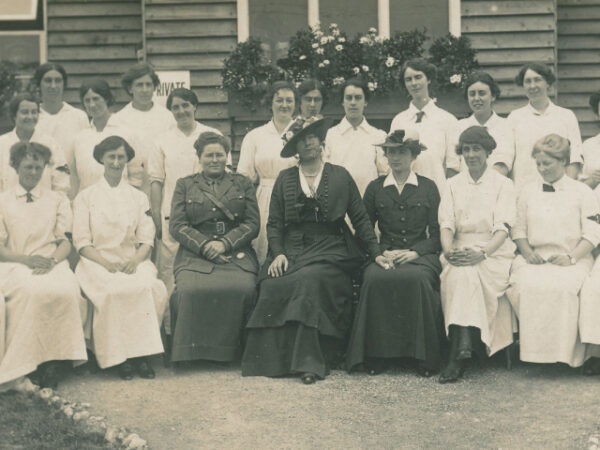
Angel of Summerdown: Physiotherapy’s Forgotten Benefactor
This story begins with the unusually named Almeric Paget Massage Corps. Located in the United Kingdom, the Corps was formed to serve in the First World War. It was the forerunner of physiotherapy services for wounded servicemen; and its’ success significantly boosted the profession by raising practitioner numbers, and their …

Fees and Remuneration in South Africa in the 1920’s
The South African Society of Massage and Medical Gymnastics (now known as the South African Society of Physiotherapy) was formed on 11 December 1924. It had four branches, aligned with the country’s provinces at the time: the Cape Province, Transvaal, Natal and Orange Free State. Early considerations of the Central Governing …

Are We Keeping Physical Therapy White?
Medicine has often been framed as the “ideal” profession, leading other health fields to emulate it when pursuing their own professionalisation. American medicine’s current education system came about during the early-twentieth century, as part of a multi-decade campaign to enhance the profession’s status by restricting education to an elite few, …
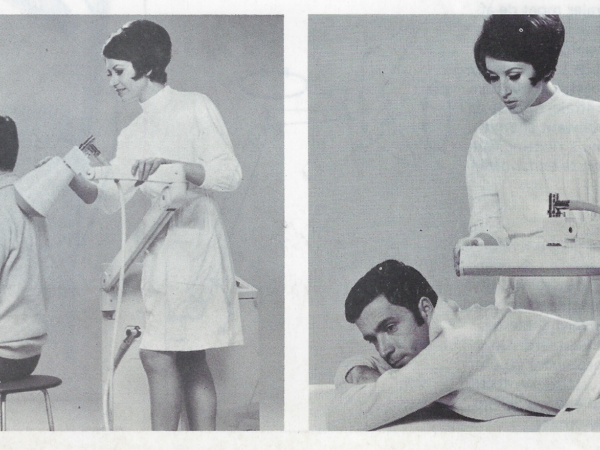
100 Years of Enraf-Nonius
Enraf-Nonius is a Dutch medical equipment manufacturer celebrating its 100th anniversary this year. For many physiotherapists Enraf-Nonius have provided the equipment used across entire careers, and so they have grown in parallel with the profession. Founded in 1925 by Mr AG Hoekstra, the First Dutch X-ray Machine Factory [Eerste Nederlandse Röntgenapparaten …
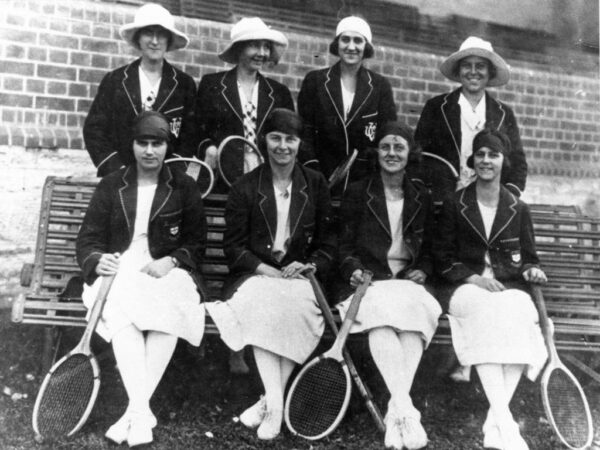
Careers for Girls
In 1927 ‘The News’ newspaper in Adelaide, South Australia ran a weekly series of articles on their Woman’s page exploring suitable careers for girls; “a problem which at times confronts the parents of daughters”. The newspaper obtained the information for the article from an un-named “authority in the occupation”. The …
